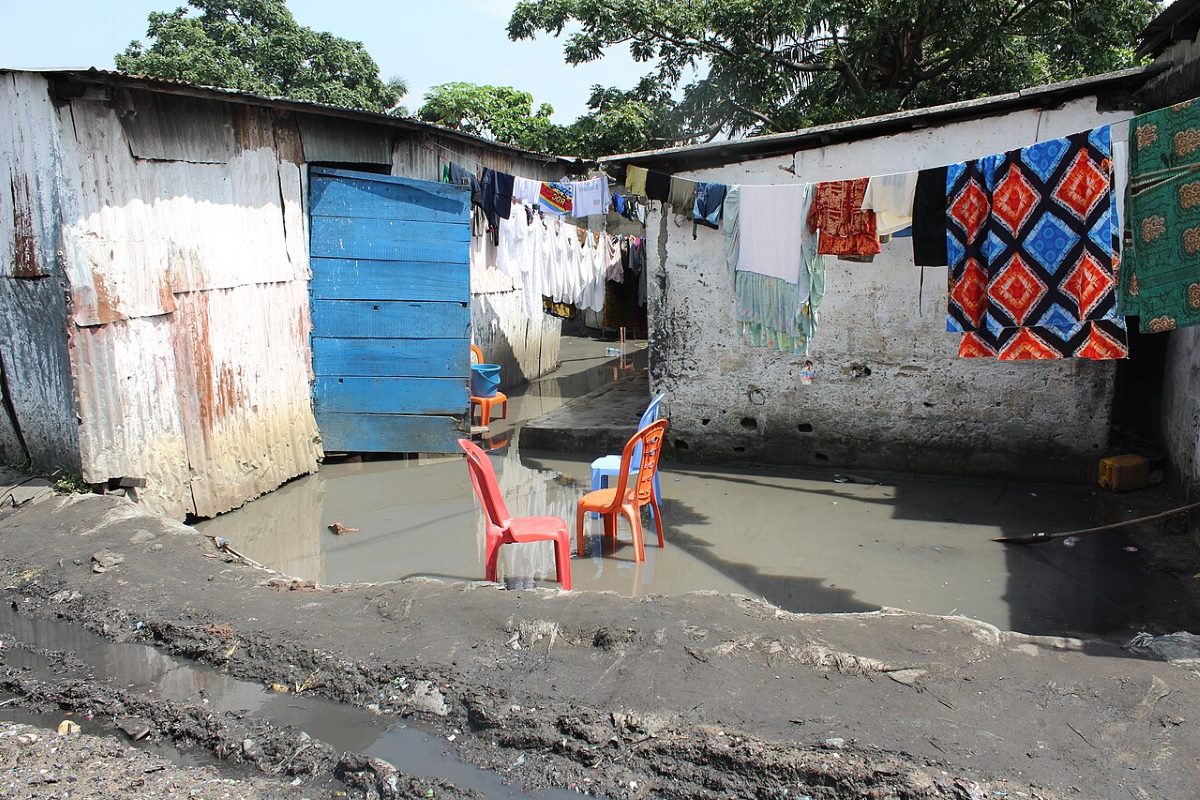 #News
#News
Online gambling exposes health issues and regulatory challenges
Gambling websites are growing in popularity worldwide, affecting the finances and mental health of millions of people
 In response to the global growth of online gambling, experts are warning of social and health impacts, such as addiction, financial problems, and erosion of family relationships | Image: Shutterstock
In response to the global growth of online gambling, experts are warning of social and health impacts, such as addiction, financial problems, and erosion of family relationships | Image: Shutterstock
With billions of dollars in transactions and a global reach, online gambling has transformed from a fringe form of entertainment into a phenomenon that combines aggressive marketing, rising addiction, and public health risks. In Brazil, the situation has become even more concerning after the legalization of fixed-odds betting, sanctioned by then-president Michel Temer in December 2018 through Law 13,756. The legislation authorized commercial operations of this form of gambling, creating an opening for the proliferation of betting sites.
Since then, more than 2,000 gambling websites have begun operating in Brazil, according to a report in the newspaper O Estado de S. Paulo. Many of these companies are headquartered in tax havens and operate locally through Brazilian partners or contracted representatives. As a result, much of their revenue is exempt from domestic taxation and does not provide any benefit to the public.
The financial impact on the population is enormous. Brazilian consumers are forecast to lose up to R$1.2 trillion on betting by 2030. The global online gambling market is projected to generate around US$700 billion by 2028.
The social costs, however, go far beyond these numbers.
Silent epidemic: addiction, bankruptcy, and family breakdown
Experts have warned of a range of consequences not limited to financial problems. Online gambling addiction increases the risk of suicide, domestic violence, bankruptcy, and the erosion of family relationships. These impacts, as shown by scientific and political reports, can stretch across generations, creating cycles that are difficult to break.
Data from a senate inquiry into gambling show that in 2024 alone, five million recipients of the Bolsa Família welfare program spent R$3 billion on betting websites, leaving them without enough money to buy basic items such as food, clothing, and medicine.
A survey by the Brazilian Society of Retail and Consumption found that 23% of gamblers stopped buying clothes, 19% skipped buying food, and 19% canceled trips because of their habit.
“If we delay, gambling and the harm it causes will become an even more ingrained global phenomenon and much more difficult to tackle,” warns a report in The Lancet Public Health analyzing the global impact of this growing industry.
An expanding global phenomenon
According to the study published in The Lancet, led by Heather Wardle of the University of Glasgow, Scotland, 448.7 million adults worldwide gamble online, 80 million of whom are already addicted.
The research also found that gambling is permitted in more than 80% of countries and has grown disproportionately in vulnerable regions.

Betting sites are designed to encourage rapid, frequent, and repeated gambling, making use of intensive advertising and behavioral design. “Marketing and technology make it easier to start gambling, and harder to stop,” the report notes.
In Brazil, the Locomotiva Institute estimates that 52 million adults have placed bets online and 25 million started doing so in 2024 alone.
Among them, 45% have suffered financial losses and 37% have spent money that would have been used for other priorities.
Understanding risk-taking behavior
Studies show that problem gambling results from a combination of neurological, psychological, and environmental factors. Gamblers’ brains respond to wins with dopamine rushes, similarly to other types of addiction.
Impulsive people or people with low self-control are more susceptible to developing an addiction.
Constant exposure to advertising and social media influencers who normalize or even glamorize gambling also contributes to a culture of trivialization.
People who participate in more than two forms of gambling or who gamble more than four times a month are at a high risk of suffering some form of loss.
How to regulate and address the problem
In response to the advance of gambling and its side effects, the senate inquiry’s report proposes:
- A ban on 100%-online games, such as “tigrinho,” due to a high risk of manipulation
- The creation of a national gambling audit and monitoring platform
- A national registry of gamblers to track compulsive patterns
- Greater control over advertising and the role of digital influencers
- Rules to prevent gambling from being marketed as a financial solution
The recommendation is clear: the sector requires more robust, transparent, and ethical regulation, with active monitoring and modern controls.
-
The global scale of online gambling
-
Global statistics
- 7 million adults gamble online; 80 million are addicted.
- 2% of adults and 17.9% of adolescents gambled in the last year, with 10.3% of teenagers using betting websites.
Regional impacts
- Available in over 80% of countries, including poor regions of sub-Saharan Africa.
- Easy access through sophisticated marketing and design that encourages repeat gambling.
-
Impact in Brazil
-
Brazilian figures
- 52 million adults have gambled online; 25 million started in 2024.
- 45% reported financial losses; 37% used money intended for other priorities.
Legislation and growth
- Gambling regulated by Law 13,756 since 2018.
- More than 2,000 gambling websites operate in the country, many of them based in tax havens.
-
Risk factors and problematic behavior
-
Biological and psychological causes
- Involvement of brain circuits linked to dopamine.
- Impulsivity and low capacity for self-control.
Environmental influences
- Abundant supply, intense advertising, and family history of gambling.
- Increased risk for those who gamble more than four times a month or gamble in multiple ways.
-
Industry strategies
-
Association with sports
- Sponsorship of sports teams and live betting during games.
- Increase in frequency and intensity of betting.
Online gambling
- Designed to be faster and more intense, appealing to wider audiences.
-
Social and health impacts
-
Main consequences
- Increased risk of suicide, domestic violence, financial problems, and erosion of family relationships.
- Intergenerational impacts and increased crime.
Economic projections
- Estimated losses of US$205 billion globally by 2030.
- Industry growth projected to reach US$700 billion by 2028.
*
This article may be republished online under the CC-BY-NC-ND Creative Commons license.
The text must not be edited and the author(s) and source (Science Arena) must be credited.


